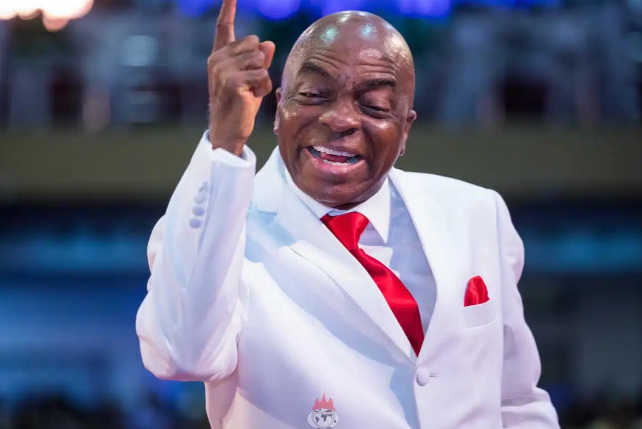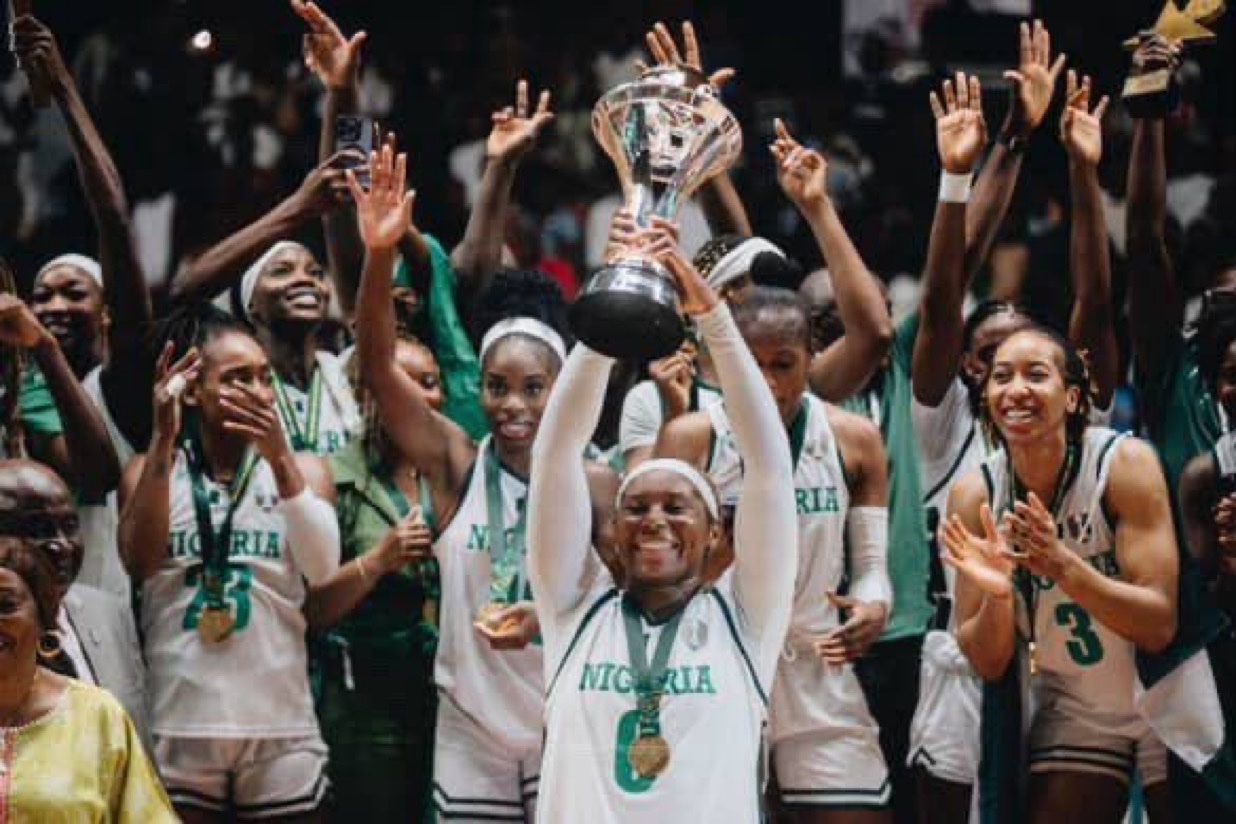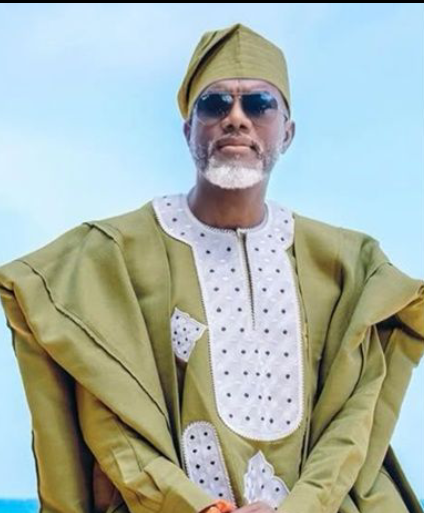
“This Is Not a Fulani Republic!” – Bishop Oyedepo Sparks Controversy with Fiery Declaration on National Ownership

In a declaration that has ignited conversations across Nigeria’s digital space, Bishop David Oyedepo, the founder of Living Faith Church Worldwide, boldly asserted that Nigeria does not belong to the Fulani ethnic group, and that the country should not be mistaken for what he called a “Fulani Republic.” The revered clergyman made this charged statement during a sermon delivered to his congregation, passionately emphasizing that Nigeria remains a Federal Republic — not one controlled or owned by any single tribe.
In the now viral video clip circulating online, Bishop Oyedepo is seen declaring, “Fulanis do not own Nigeria. I don’t have a Fulani root; I am a born and bred Nigerian. I don’t have a visa to be here. This is not Fulani Republic of Nigeria; it is the Federal Republic of Nigeria.” The comment, which was met with loud affirmations and claps from his church audience, quickly exploded onto social media, dividing opinions and sparking heated commentary from supporters and critics alike.
The statement has been interpreted by many as a direct response to longstanding ethnic tensions in Nigeria, particularly revolving around the Fulani herdsmen crises and the perception of dominance by Fulani elites in the nation's political and security architecture. In the past decade, various parts of Nigeria — especially in the Middle Belt and Southern regions — have witnessed violent conflicts allegedly involving Fulani herders, often resulting in loss of lives and destruction of property. Critics of the Nigerian government have repeatedly accused the leadership, perceived by some as Fulani-dominated, of turning a blind eye or responding inadequately to the mayhem.
While Bishop Oyedepo didn’t directly reference specific incidents or individuals during the sermon, many believe his words were deliberately targeted at what he and others consider growing ethnic entitlement in governance and territorial claims. His tone, stern and unapologetic, resonated with a segment of the population that has long expressed frustration over perceived marginalization and insecurity under Fulani-led administrations.
Online reactions quickly poured in following the release of the video. A user with the handle @ugo_shib sarcastically posted, “Hahahah read the body language, this one nah ok let me just talk let it be like say I talk.” Another user, @rer4life, criticized the pastor's approach: “Fulani herdsmen doesn’t represent the entire Fulani tribe Sha... But this pastor is one of the least religious tolerant out there. No wonder Obi ran to him for religious war…”
Yet others offered more sobering reflections. A user @anakwezeugochu1 wrote, “Until we stop lying to ourselves about the owners of Nigeria, then we would have been ready to solve the problem. It is only a landlord that can give quit notice... go and check how many quit notices they have given in Benue and Plateau.” That comment alluded to numerous reported incidents where local residents in parts of the Middle Belt claimed to have received threats or “quit notices” from militant herder groups or local strongmen believed to be acting in tribal interest.
More poignant still was the sentiment expressed by @ORSNigga, who lamented the lack of material action by religious leaders in times of humanitarian crisis. “Na pulpit baba talk reach o! No relief funds will be sent, no aids will be sent to Benue! They’ll just talk about it and that’s the end! The amount of influence Oyedepo has is colossal but yet… I miss TB Joshua, he for don reach Benue with Trailers of food and relief items.”
The comment invoked the memory of the late Prophet TB Joshua, founder of the Synagogue Church of All Nations, who was known for swift humanitarian interventions during national crises. Many Nigerians remember TB Joshua for showing up physically in conflict zones and delivering food, water, and aid to displaced communities — an approach that contrasted with what some now perceive as rhetorical activism from other church leaders.
Still, Bishop Oyedepo is no stranger to controversy. Over the years, he has been an outspoken critic of multiple Nigerian governments, particularly when issues of religious freedom, electoral irregularities, or national injustice come into play. His sermon on the Fulani issue falls in line with his pattern of addressing the nation’s most sensitive topics from his pulpit — often attracting both praise for bravery and criticism for polarizing rhetoric.
It is also worth noting that this declaration came at a time when the presidency, led by Bola Ahmed Tinubu, is under mounting pressure to address security challenges across the country, particularly the escalating violence in Benue and Plateau states. These states have experienced a surge in attacks blamed on suspected herdsmen, leading to mass displacement, fear, and questions about government accountability.
Oyedepo’s message, though theological in presentation, lands squarely in the political and social space — raising existential questions about the meaning of nationality, identity, and ownership of land in Nigeria’s multi-ethnic context. By asserting that he doesn’t need a visa to reside in Nigeria, Oyedepo subtly reminded listeners that no tribe or group holds ultimate authority over the nation’s geography or sovereignty. His statement that “this is not a Fulani Republic” attempts to reclaim the essence of Nigeria’s federal structure, which promises equality among all constituent ethnicities.
While many Nigerians, particularly from Southern and Middle Belt regions, applauded his boldness in addressing what they consider the "elephant in the room," others have raised concerns about the risk of inflaming ethnic divisions in an already fragile polity. Nigeria’s unity has been strained over the past decade, with calls for secession, allegations of ethnic cleansing, and deep mistrust along tribal lines threatening the nation's future.
Whether one agrees with his method or message, Bishop Oyedepo’s sermon undeniably struck a chord in the nation’s ongoing struggle to define its identity and confront perceived injustices. As social media continues to buzz with debates, reposts, memes, and heated threads, one thing is certain: the conversation about who owns Nigeria — and what that even means — is far from over.
And perhaps, that was exactly the point the bishop was trying to make.


